Exploring the Quran: How many pages is the Quran?
How many pages is the Quran? The Quran, the sacred book of Islam, is a deep and meaningful text that has inspired followers for many years.
Typically, the Quran has 604 pages, each with verses that give wise advice, direction, and encouragement. These pages show the special message given to the Prophet Muhammad (peace be upon him), offering spiritual and moral lessons that still touch the hearts of many believers worldwide.
In this blog, we’ll look more closely at the Quran’s history, its interesting beginnings, and how it’s organized. We will also highlight Noor Institute, an ideal platform for those looking to learn Quran online.
Historical overview of the Quran
Before discussing how many pages Quran, let’s first take a closer look at the history of the Quran. The Holy Quran holds a central role in Islam and is believed to have been revealed to the Prophet Muhammad (peace be upon him) over a period of 23 years, starting on a special night called Laylat al-Qadr. This important event happened during the month of Ramadan, which is the ninth month in the Islamic calendar. Ramadan is a time for fasting, praying, and thinking deeply.
The Quran’sstarted when Prophet Muhammad (peace be upon him) was alone in a cave named Hira, where he met the Angel Gabriel. Gabriel instructed him to recite words that would form the basis of the Quran. This event marked not only the beginning of divine guidance for people but also the start of Islam.
The Quran was revealed gradually, with verses being given in response to various situations and events during Muhammad’s (peace be upon him) time as a prophet. In Islamic teachings, the importance of Ramadan is highlighted, as it is believed that the Quran was sent down during this month as guidance for humanity. Muslims worldwide honor this month by increasing their recitation and study of the Quran, often aiming to finish reading it within these blessed 30 days.
How many pages is the Quran: Quran structure
The Quran is strategically structured to facilitate its recitation and understanding, encompassing several core elements: 30 Juz’, Surahs within each Juz’, and Ayahs within each Surah. This structure holds significant importance throughout the journey of Hifz Quran online. By dividing it into 30 Juz’, learners can devote their attention to smaller sections at a time, promoting easier memorization and retention.
Let’s break down each component starting with highlighting how many pages are in the holy quran
How many pages are in Quran?
The Quran typically consists of 604 pages in its standard Arabic text, a format commonly used in printed copies. This page count is consistent across most editions, facilitating uniformity in recitation and memorization. However, it is important to note that the number of pages may vary in translated versions of the Quran due to differences in language structure, font size, and formatting. Regardless of the version, the Quran remains a central religious text for Muslims, guiding their faith and practices.
Number of Surahs in the Quran
The Quran is composed of 114 chapters, known as Surahs. Each Surah varies in length and covers a range of themes, teachings, and narratives central to Islamic belief. The Surahs are categorized based on their place of revelation, either in Mecca or Medina, which influences their content and context.
Verses (Ayat) of the Quran
The total number of verses (Ayat) in the Quran is commonly cited as 6,236. This figure is widely accepted, particularly in the Kufa tradition, but there are varying opinions among scholars regarding the exact count. Some argue for 6,238, while others suggest numbers such as 6,616 or even 6,666. The discrepancies primarily arise from whether to include the phrase “Bismillah” (In the name of Allah) at the beginning of certain Surahs as a separate verse.
The calculation of 6,236 verses considers the verses in Al-Fatiha and the remaining 113 Surahs, excluding “Bismillah” from those chapters that do not contain it.
Pages of each Juz
Each Juz of the Quran typically spans 20 pages in the standard Arabic text. This division allows for a systematic approach to recitation, making it manageable for readers to complete the entire Quran over the course of a month, particularly during Ramadan. While most Juz are evenly distributed across 20 pages, the last Juz may contain a few additional pages due to its shorter verses and chapters
Variations in the Number of Pages in the Quran
The variation in the number of pages in the Quran generally comes from differences in script, font size, layout, and the inclusion of additional content. The Quran is traditionally written in Arabic, and the number of pages can vary depending on these factors. The Arabic script itself, the size of the text, and the physical dimensions of the book can all influence the total page count.
Similarly, in English translations, variations arise due to different translation styles, the inclusion of Surah introductions, footnotes, and commentaries, which add to the page count. The font size, the formatting choices of publishers, and the use of additional explanatory material also contribute to these differences. Consequently, while the Arabic Quran typically spans over 600 pages in most editions, English translations can range from around 100 to over 500 pages, with the exact page count varying widely between different publishers and translators.
The Healing Power of Quran Recitation
The Quran is not just a religious book but a source of guidance, inspiration, and consolation to Muslims all over the world. That contains timeless wisdom, stories, and guidelines which affect every living aspect of a Muslim’s life. For understanding life and its regulations, proper creed, morality, and life matters, Muslims seek help from the Quran. Spiritual development and mental and emotional healing come through reading and recitation of the Quran. It soothes in times of distress, enlightens when blinded or confused, and fortifies when helpless. The Quran reassures the individual continuously and helps him attain peace of mind with satisfaction of the soul.
Noor Institute offers online Quran memorization classes designed to help learners read with accuracy and fluency, free from errors. These classes aim to foster a deep connection with the holy Quran.
Gain a deeper understanding of the Quran with Noor Institute
After discovering how many pages is the Quran, you might want to learn more about its teachings and how to read it properly. Noor Institute offers online Quran classes for adults that help you understand the Quran in a clear and complete way. These classes not only teach you how to recite the Quran beautifully but also help you understand its important messages. With helpful teachers and a fun learning environment, Noor Institute’s classes give you a great chance to learn about the Quran’s wisdom bringing clarity and insight into your daily life. Additionally, they provide a free trial session to allow you to experience the classes firsthand.
Book your free trial now and begin your journey to a deeper understanding of the Quran!











